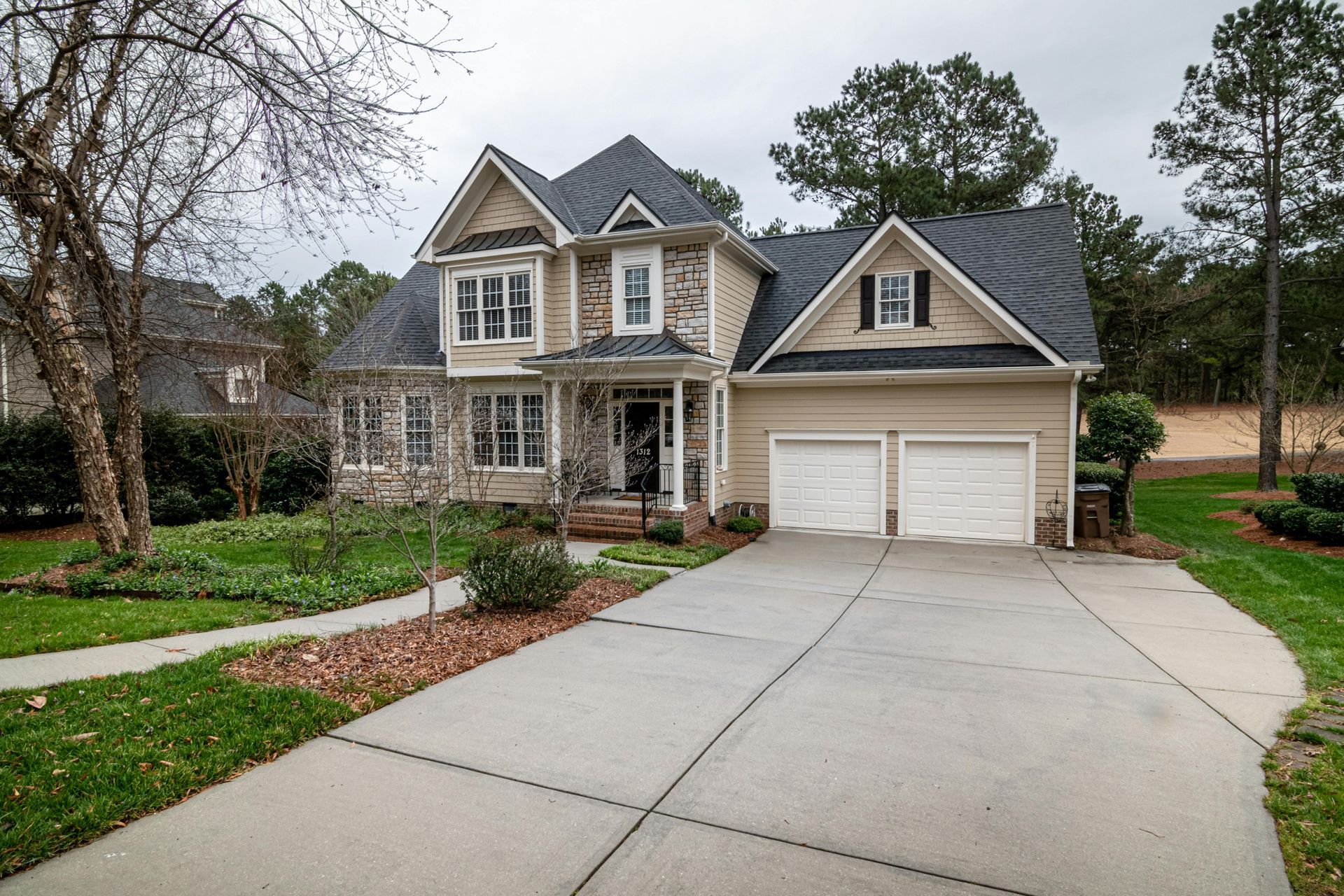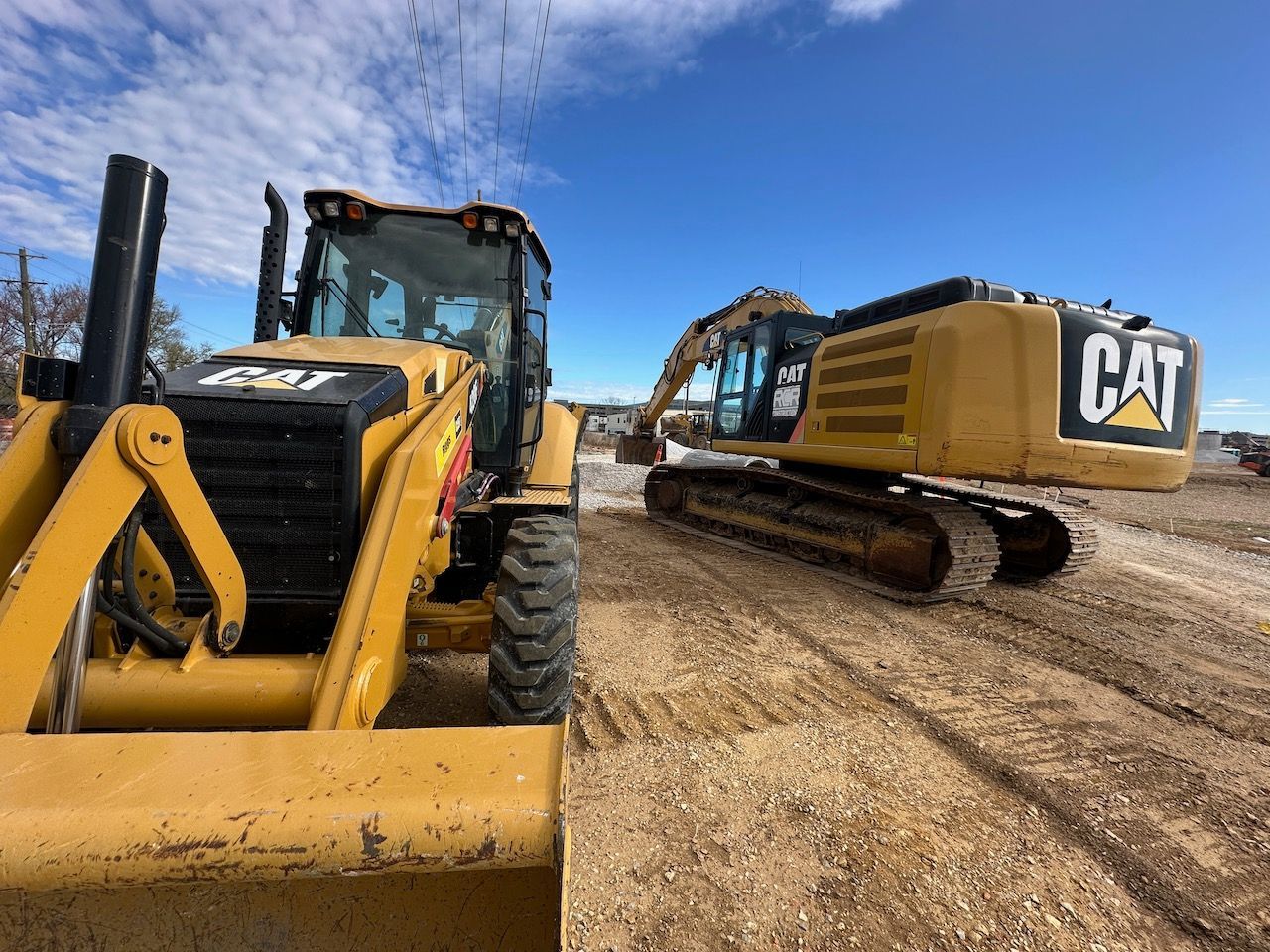The Real Cost of a Bad Driveway (and How to Build One That Lasts)

✅ Introduction:
Your driveway is more than just a strip of gravel or asphalt — it’s the first impression of your property. A poorly built driveway can mean endless potholes, ruts after every rain, dust clouds in summer, and mud pits in winter. And in Northwest Arkansas, where clay soils and steep grades are common, a weak driveway won’t just frustrate you, it’ll cost you money in repairs, vehicle wear, and even property value.
At Parallel Projects, we’ve seen it all, driveways that wash out after one storm, gravel paths that turn into swamps, and asphalt that crumbles in a few years because the base wasn’t built right.
This guide covers:
Why driveways fail (and how to prevent it)
Gravel vs. asphalt: which is right for your property
How proper grading makes or breaks your driveway
Real examples from NWA projects
Pro vs. DIY mistakes to avoid
If you’re tired of dodging potholes or sinking into mud, this blog is for you.
Section 1: Why Driveways Fail
Poor Base Prep
The #1 mistake in driveway construction is skipping proper grading and compaction. Without a solid foundation, gravel shifts and asphalt cracks.
Wrong Material Choice
Not all gravel is created equal. Using rounded pea gravel instead of angular stone leads to rolling and rutting. Asphalt also fails if laid too thin or on a soft base.
Drainage Neglect
Water is the enemy of every driveway. If runoff isn’t directed away, it seeps into the base, softens the soil, and destroys the structure over time.
Steep Slopes & NWA Terrain
Our hills and clay-heavy soil make driveway design trickier. A flat driveway on clay? Expect standing water. A steep gravel drive without water bars? Expect washouts.
Signs your driveway is failing:
Constant potholes or washouts after rain
Mud or standing water in wheel tracks
Loose, dusty top layer that never packs down
Cracks or chunks missing in asphalt
Section 2: Gravel vs. Asphalt — Which Is Best?
Gravel Driveways
✅ Affordable upfront
✅ Easy to repair
✅ Good for long rural driveways
❌ Needs ongoing maintenance (raking, re-graveling)
❌ Can wash out on slopes without proper grading
Asphalt Driveways
✅ Smooth, clean finish
✅ Adds property value
✅ Less dust and mud
❌ Higher cost upfront
❌ Requires sealing every few years
❌ Base prep is critical — cut corners and it cracks fast
Rule of Thumb:
If you’ve got a short residential driveway and want curb appeal, asphalt is king. If you’ve got acreage, livestock, or long access drives, gravel is usually the smarter choice.
Section 3: Drainage & Grading — The Secret Sauce
Every good driveway starts with proper dirt work. At Parallel Projects, that means:
Stripping topsoil and soft spots
Compacting a solid subgrade
Building the correct crown or slope (so water sheds off)
Installing culverts or swales where needed
Without drainage, even the best material fails.
Section 4: How Parallel Projects Builds Driveways in NWA
On-Site Evaluation – We walk your property, measure slope, and identify drainage risks.
Grading & Compaction – Using skid steers, rollers, and laser levels, we prep the base.
Material Selection – From Class 7 gravel to hot-mix asphalt, we choose what works best for your site.
Installation – Layer by layer, we build it up for long-term stability.
Final Touches – Edging, water bars, or seal coating as needed.
Case Study: Bentonville Gravel Driveway Fix
A family had a 300-ft gravel driveway that washed out after every storm. We regraded the slope, installed a culvert, and packed in angular base rock with a finer top layer. Six months later — no ruts, no washouts, and vehicles drive smooth.
Section 5: Pro vs. DIY Mistakes
DIY Pitfalls
Skipping compaction → driveway sinks
Using soft rock or dirt as base → mud pits
Ignoring slope → water damage in weeks
Laying asphalt too thin → cracks fast
Pro Advantages
Laser-level grading
Heavy compaction equipment
Quality aggregate and asphalt
Knowledge of NWA soils and terrain
Section 6: FAQ
How long will my driveway last?
Gravel: 3–5 years with minor maintenance
Asphalt: 15–25 years with proper care
Do I need a permit?
Usually no for standard residential driveways, but longer ones crossing drainage ditches may require county approval.
What’s the cost difference?
Gravel: $2–5 per square foot
Asphalt: $7–15 per square foot
Build a Driveway That Lasts
Ready to stop fighting potholes and washouts? At Parallel Projects, we build driveways the right way — with proper grading, drainage, and materials designed for Northwest Arkansas terrain.
👉 Services we offer:
🛣️ Driveway Construction – Gravel & asphalt, built to last
🌱 Grading & Leveling – Proper land prep for stability
💦 Drainage Solutions – Stop water damage before it starts
🚜 Excavation & Site Prep – Digging, trenching, and prep for any project
💣 Demolition Services – Safe, efficient structure removal
🧱 Retaining Walls – Long-term erosion control
🌳 Land Clearing – Fast & efficient brush/tree removal
🧼 Pressure Washing – Restore the look of driveways, patios, and siding
🏢 Commercial Cleaning – Reliable service for NWA businesses
📲 Contact us today for a free on-site evaluation in Rogers, Fayetteville, Bentonville, Springdale, or nearby. Let’s build you a driveway that works for decades, not just months.


